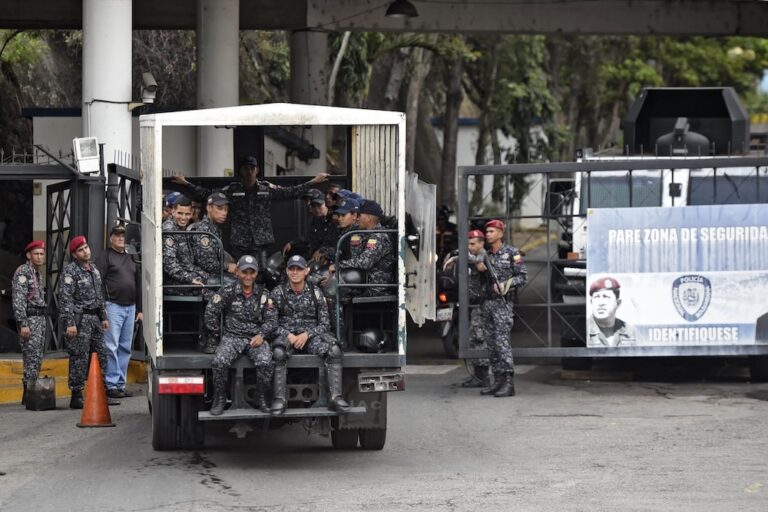IAPA expresses concern over a Communication Law being debated in Ecuador's National Assembly and a proposed law which would regulate how community media operate in Venezuela.
(IAPA/IFEX) – Miami, November 17, 2011 – The Inter American Press Association (IAPA) today voiced concern as a bill for a Communication Law entered its final debate this week in Ecuador’s National Assembly. It repeated its earlier warning that such legislation would harm the people’s right to freedom of expression, restrict news media content and give rise to self-censorship by the press.
IAPA President Milton Coleman regretted what he called “the setback that this new legislation represents for the people, in that it would restrict their individual freedoms and rights to receive and disseminate information without government interference.”
Coleman, senior editor of The Washington Post, Washington, DC, stressed that the proposed law, more than being one on communication, is a press law, which would result in limitations of the role that media and journalists must perform in a democratic society.
The Communication Law, which needs 63 votes among the 125 members of the one-house Assembly to pass, seeks to impose serious restrictions on press freedom. Among the most important of these is it would create a body, with a strong presence of members of the Executive Branch, to control the content of print and online media and could decide which reports should be censored according to the level of violence mentioned in them. It would reinstate the obligatory requirement for journalists to belong to a guild, something that has been declared unconstitutional by Ecuador’s Supreme Court. It would require all kinds of media to register and adopt codes of ethics.
For his part, Gustavo Mohme, chairman of the IAPA’s Committee on Freedom of the Press and Information, declared, “We have before us one of the worst media laws in the region, especially because it ignores the advances in press freedom and free speech that have been brought about by the rulings and opinions of the Inter-American Human Rights Commission and Court.”
Mohme, echoing IAPA resolutions adopted and reviews carried out during the two years that the action for the Communication Law has been under way, said that if the draft law is passed as it stands it would create strong censorship and generate self-censorship by media and journalists, to the detriment of the public’s right to information.
Venezuela
The IAPA also criticized action in Venezuela’s Legislative Assembly on a proposed Law on Communication for People’s Power which would regulate how community media operate. The draft law, approved on first reading on November 10, sets rules on the operation of such media outlets, the official advertising that they should receive on equal terms as privately-owned media, and creates a government aid fund to finance them, to be the responsibility of one of Venezuela’s offices of vice president.
The IAPA said it sees this as another link in the legal scaffolding through which the Hugo Chávez government seeks to dominate and control all kinds of media and information.
The IAPA officers said they will remain alert and will denounce any bias that the government might show in the distribution of community radio and television broadcast licenses without clear and equitable process, the placement of official advertising resources and the creation of propaganda mouthpieces that could have a political slant within the electoral process that Venezuela is currently undergoing.


